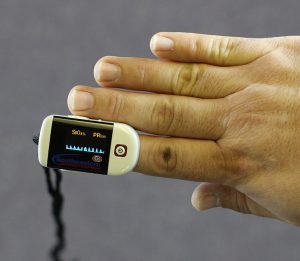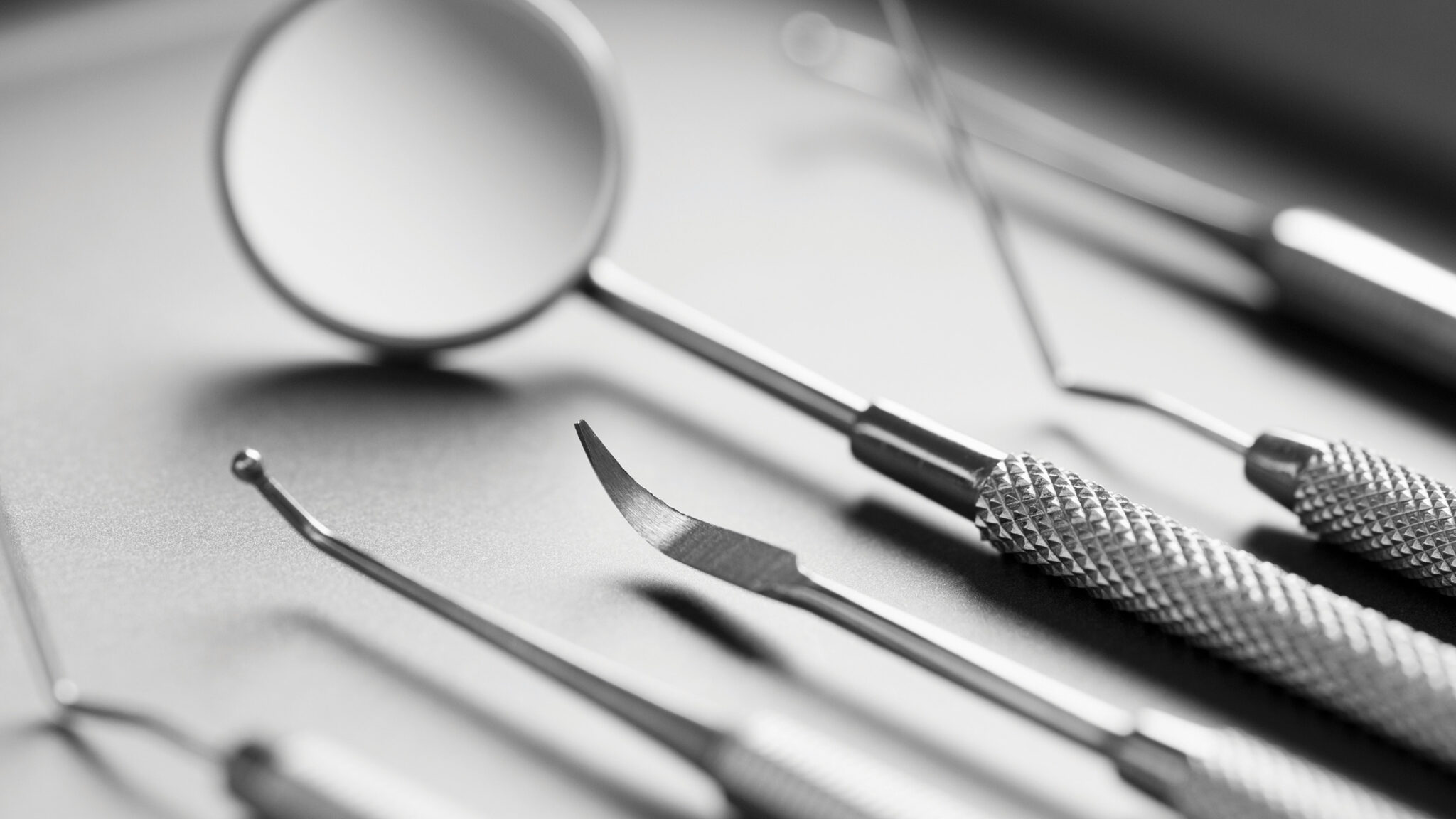
Smart pulse oximeters are medical devices used to measure oxygen saturation (SpO2) and pulse rate. These devices are designed to be used at home or in a clinical setting and are typically small, portable, and easy to use.
Smart pulse oximeters are “smart” because they are connected to a smartphone or other electronic device through Bluetooth or other wireless technology. This allows for easy tracking of SpO2 and pulse rate over time, and in some cases, may provide additional health information such as sleep tracking and heart rate variability. The global smart pulse oximeters market size was $1.6 billion in 2021, and is projected to reach $3.5 billion by 2031, growing at a CAGR of 7.7% from 2022 to 2031.
Smart pulse oximeters work by shining a light through the skin and measuring the amount of light absorbed by the blood. This allows the device to calculate the oxygen saturation level in the blood, as well as the pulse rate. Smart pulse oximeters are typically placed on the fingertip, although other locations such as the earlobe may also be used.
Smart pulse oximeters are commonly used to monitor oxygen levels in patients with respiratory conditions such as asthma, chronic obstructive pulmonary disease (COPD), or COVID-19. They may also be used to monitor oxygen levels during exercise or at high altitudes, or to screen for sleep apnea.
How accurate is smart watch pulse oximeter?
The accuracy of smartwatch pulse oximeters can vary depending on several factors, such as the quality of the device and the individual user’s physiology. In general, smartwatch pulse oximeters tend to be less accurate than professional medical-grade pulse oximeters.
Studies have found that some smartwatch pulse oximeters can be relatively accurate, with results that are within a few percentage points of the true oxygen saturation level. However, other studies have found that smartwatch pulse oximeters can be significantly less accurate, with errors of up to 10 percentage points or more.
Factors that can affect the accuracy of smartwatch pulse oximeters include the fit and placement of the device on the wrist, the presence of tattoos or skin pigmentation, and the user’s level of activity and motion.
It’s important to note that smartwatch pulse oximeters are not intended for medical diagnosis or treatment and should not be used as a substitute for professional medical advice. If you have concerns about your oxygen levels, it’s important to consult with your healthcare provider and to use a professional medical-grade pulse oximeter for accurate measurements.
Download Free Sample PDF:
https://www.alliedmarketresearch.com/request-sample/2052
Can smartphone check oxygen level?
Many modern smartphones do not have built-in hardware to directly measure oxygen levels. However, some smartphones may be able to indirectly estimate oxygen levels through apps that use sensors such as the camera or the accelerometer to measure changes in blood flow or breathing patterns. These methods are not as accurate as direct measurement with a medical device, and it is important to consult a healthcare professional if you have concerns about your oxygen levels.
Which is more accurate Apple Watch or oximeter?
In general, a medical-grade oximeter is likely to be more accurate than an Apple Watch when it comes to measuring oxygen levels. Medical-grade oximeters are specialized devices that use a non-invasive method to directly measure the oxygen saturation in your blood, which is known as SpO2. In contrast, the Apple Watch uses sensors to estimate oxygen levels based on changes in blood flow or other indirect measures, which may not be as precise.
That being said, the accuracy of both devices can be affected by a variety of factors, such as skin color, nail polish, or movement. It is always best to consult with a healthcare professional if you have concerns about your oxygen levels or need more precise measurements.
Contact:
David Correa
USA/Canada (Toll Free): +1-800-792-5285, +1-503-894-6022

